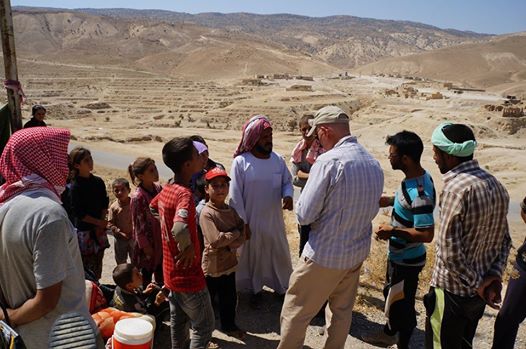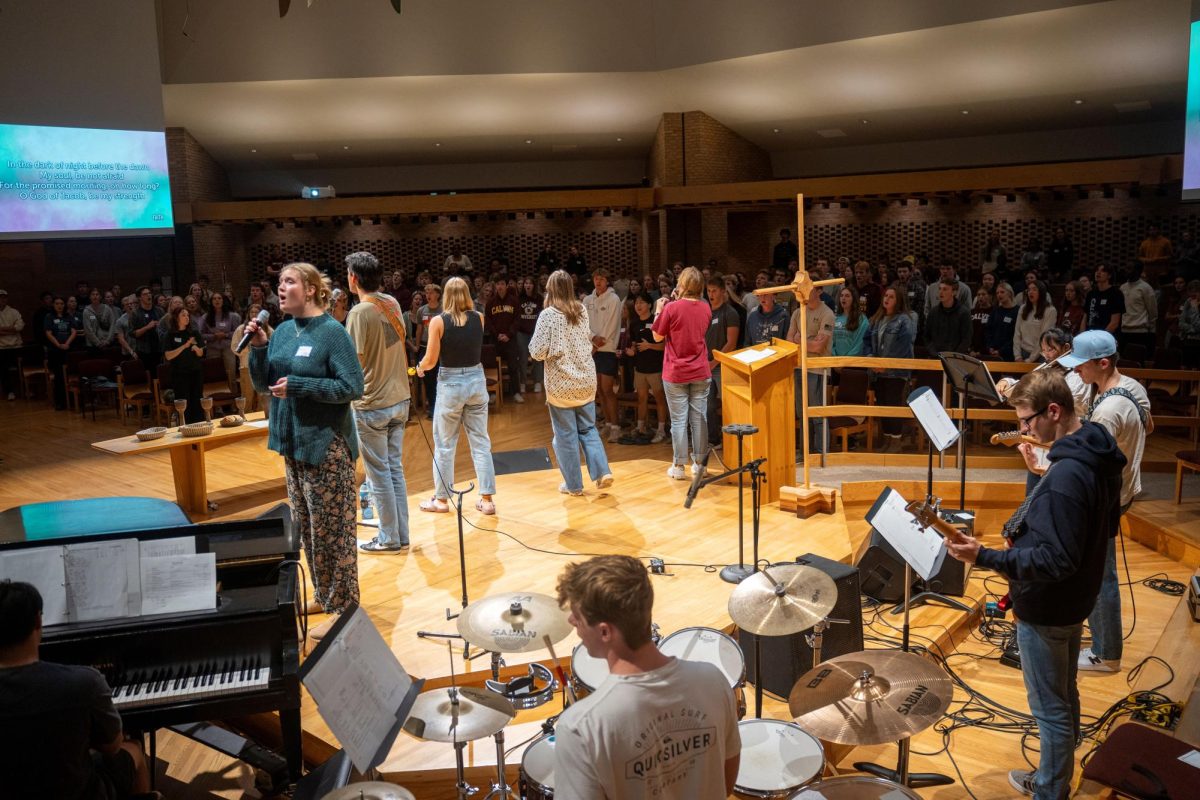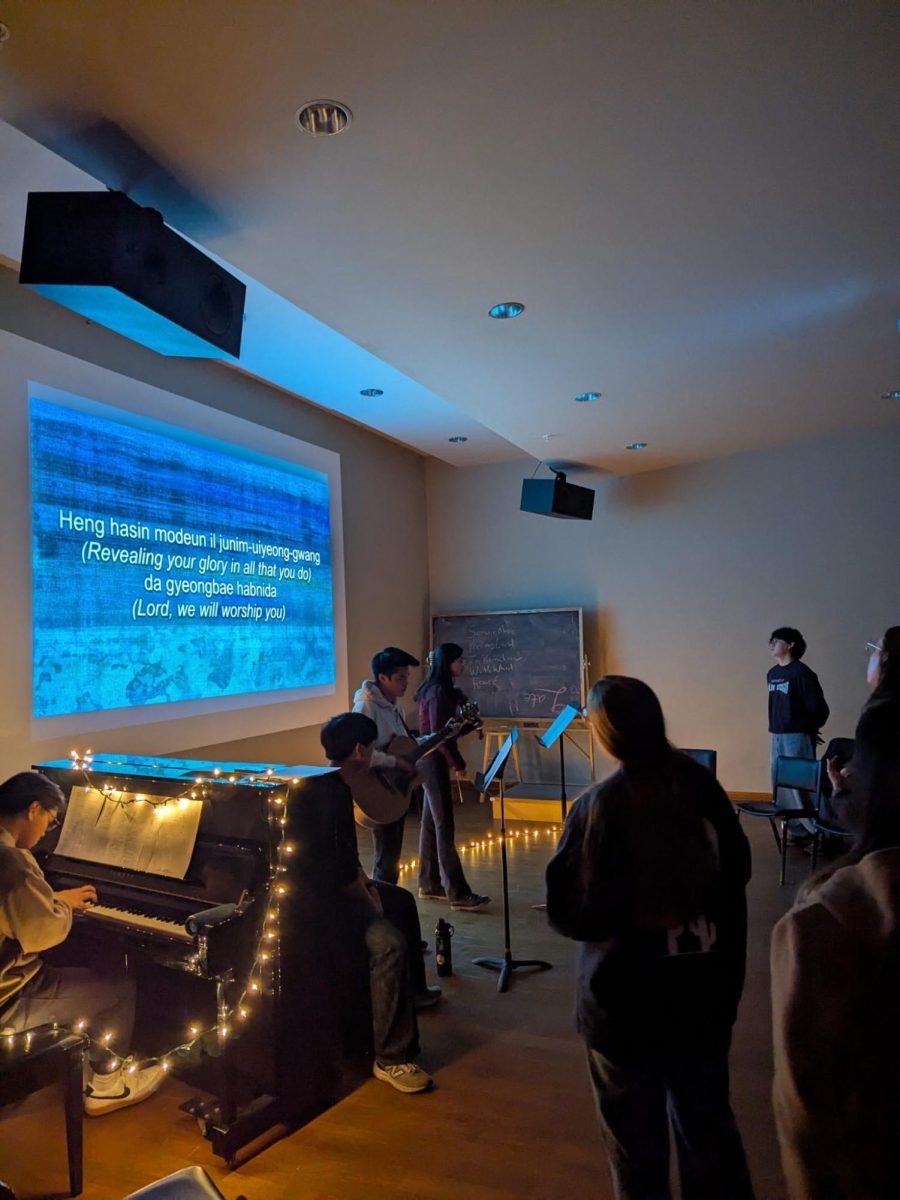The Islamic State of Iraq and Syria, or ISIS, has recently received attention following a series of violent acts, including the beheading of an American journalist.
“ISIS is a transnational network of radical Sunni Muslims that is attempting to establish a Caliphate,” political science professor Joel Westra said.
ISIS is an offshoot of Al-Qaeda, which was responsible for the 9-11 attacks. And Al-Qaeda is an offshoot of the Islamic Brotherhood, said Westra. They are a type of political group in Iraq. The three groups differ primarily on tactics.
Westra said ISIS holds the view that Islam has been corrupted through the ages, and they want to return it back to their fundamentalist roots.
“[ISIS’s] stated goal is to reestablish a Caliphate: state ruled under Islamic law,” he said. “They believe that previous attempts have been flawed, or corrupted.”
History professor Douglas Howard stressed the militant nature of the group. He said they may claim to be a fundamentalist group, but really they are just “a pirate movement.”
“They give fundamentalists a bad name,” he said. “I don’t believe these people know the first thing about Islam. They are an opportunistic militant movement trying to feed the people they recruit…despite what they say their motives are.”
Westra said it is undeniable that current ISIS actions are getting lots of coverage. He attributed this to a series of military victories and violent actions.
“They are certainly getting attention,” Westra said. “Filming beheadings of journalists gets attention.”
However, Westra questioned whether this attention is warranted.
“All the things they have done has forced people around the world to pay attention. Now whether that attention is appropriately directed is another question,” Westra said.
Professor Howard stressed the necessity of viewing ISIS in terms of the “long picture.” ISIS is one group that stems from the original weakening of the Iraqi government in 1991 and the second Iraq war beginning in 2003 that led to the complete overthrow of the Iraqi government.
“To me, it’s easy to get lost in the details of this episode when it is part of the longer war in Iraq,” Howard said.
Both Howard and Westra say it is important to be well informed about ISIS.
“[We] need to understand what the goal is in order to assess more clearly what sort of response is appropriate…. much of the news coverage has just been focused on the violence,” Westra said
Howard thinks a long picture is necessary to understand the conflict.
“This conflict is a consequence of the U.S. overthrowing the Iraqi government,” he said. “It is our responsibility.”
Westra believes that with the violent coverage on the media, additional U.S. involvement is a “forgone conclusion.”
According to Howard, ISIS has caused much suffering and violence in effort to reach their goals.
“That man who lost his life, its so sad,” he said in reference to American Journalist James Foley being beheaded.
Westra agreed the political goals of ISIS have caused suffering and even persecution.
“It certainly is the case that religious groups are being persecuted,” he said. “It is essential for Christians to pay attention to this because ISIS is inflicting a lot of pain and suffering on people’s lives.”







